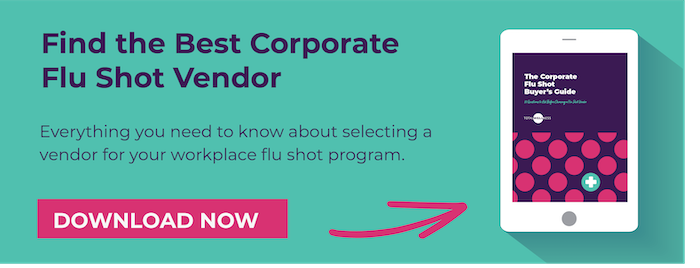 On August 23, 2021, the U.S. Food and Drug Administration (FDA) approved the first COVID-19 vaccine.
On August 23, 2021, the U.S. Food and Drug Administration (FDA) approved the first COVID-19 vaccine.
The much-anticipated approval was given to the Pfizer-BioNTech COVID-19 Vaccine, which is for those ages 16 and older. The vaccine will be marketed as Comirnaty, according to an FDA news release.
Prior to August 23, the vaccine was distributed to citizens under the Emergency Use Authorization (EUA). This authorization allows the FDA to strengthen the nation’s public health protections that include infectious diseases by getting medical countermeasures out during public health emergencies.
“The FDA’s approval of this vaccine is a milestone as we continue to battle the COVID-19 pandemic. While this and other vaccines have met the FDA’s rigorous, scientific standards for emergency use authorization, as the first FDA-approved COVID-19 vaccine, the public can be very confident that this vaccine meets the high standards for safety, effectiveness, and manufacturing quality the FDA requires of an approved product,” said Acting FDA Commissioner Janet Woodcock, M.D.
Woodcock added, “While millions of people have already safely received COVID-19 vaccines, we recognize that for some, the FDA approval of a vaccine may now instill additional confidence to get vaccinated. Today’s milestone puts us one step closer to altering the course of this pandemic in the U.S.”
The FDA is considered the regulatory authority in charge of overseeing the safety, effectiveness, and quality of vaccines that are used in the United States. Vaccines are routinely given to Americans starting at birth to protect individuals by preventing infectious diseases like chickenpox or polio.
Emergency use is declared by the secretary of Health and Human Services, which then allows the FDA to authorize the use of unapproved medical products to be used in emergency cases to prevent life-threatening diseases when there aren’t alternative options to use as has been the case during the COVID-19 pandemic.
On August 16, both Pfizer Inc. and BioNTech SE submitted Phase 1 data to the FDA for support of a third shot — AKA a booster — for future licensure. The shot, which is given six to 12 months after the first vaccination schedule, may help maintain a higher level of protection against COVID-19, according to a Pfizer news release.
For parents, it’s important to note that the FDA still doesn’t recommend children under age 12 to get the Pfizer vaccine. Trials are still ongoing for that age group, and the American Academy of Pediatrics (AAP) is encouraging the FDA to “work aggressively” to authorize a vaccine for kids 11 and younger, stated an AAP news release.
With the full approval from the FDA, it’s likely more businesses will start requiring vaccine mandates for new hires and current employees. Prior to the approval, cities like New York and organizations like the U.S. Department of Defense set mandates for government workers.
While around half of the public supports employers requiring workers to get vaccinated, when it comes to actually getting vaccinated themselves, around 61% strongly oppose the idea of their own employer requiring it, according to the KFF COVID-19 Vaccine Monitor, an ongoing research project that tracks the public’s experience and attitudes toward COVID-19 vaccinations.
What do your employees think of the Pfizer vaccine being FDA approved? Will it change your workplace policies on vaccinations?



